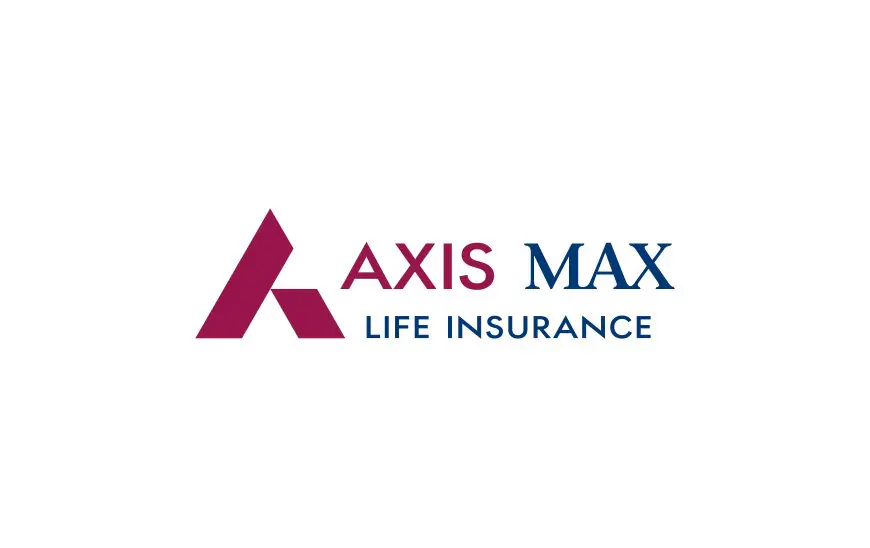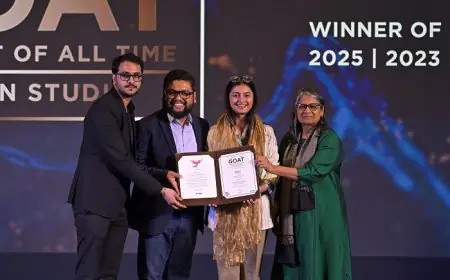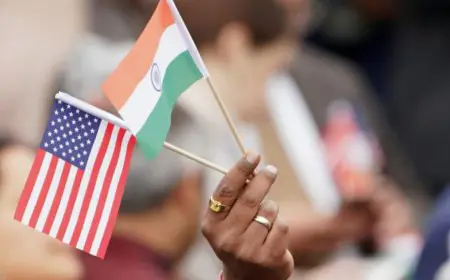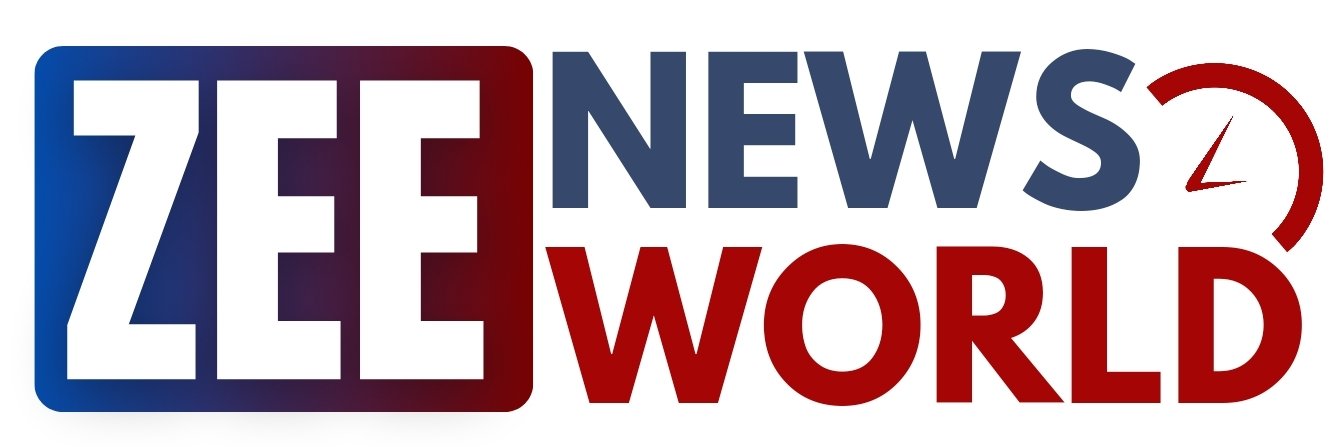Widening Gender Gap in India's Financial Protection Levels - Axis Max Life India Protection Quotient 7.0
Key Findings: Working women's Protection Quotient score remains at 48; working men's rises to 50 Women feel less financially secure across life goals like retirement, education, and marriage Higher concern among women about inflation, healthcare costs, and loss of a breadwinner Axis Max Life Insurance Ltd. ("Axis Max Life"/ "Company"), formerly known as Max Life Insurance Company Ltd, in partnership with KANTAR, the world's leading marketing data and analytics company, has released gender-specific findings from the seventh edition of its India Protection Quotient (IPQ) study. Under the Company's 'Bharosa Talks' initiative, IPQ 7.0 highlights a widening gap in financial preparedness between working men and women in urban India. Widening Gender Gap in India's Financial Protection Levels - Axis Max Life India Protection Quotient 7.0 According to the study, working men's Protection Quotient score rose to 50 (from 47 in IPQ 6.0), while working women's score remained stagnant at 48 indicating a break in last year's parity. Despite urban India's overall improvement in financial protection, working women continue to face unique anxieties across key life milestones such as retirement planning, children's education, and marriage. Additionally, women expressed higher levels of concern around inflation, medical emergencies, and loss of a breadwinner, further amplifying the need for gender-responsive financial planning and support frameworks. Prashant Tripathy, CEO & Managing Director, Axis Max Life, said, "As India progresses on its journey toward financial security, it is vital that we recognise the varied realities shaping people's protection needs. The IPQ 7.0 findings reveal that working women continue to face structural and emotional barriers to financial preparedness. This calls for not only greater awareness, but also collective effort across the industry to make protection more inclusive, accessible, and aligned to the evolving fabric of Indian society." Implications & Path Forward The study underscores the need to embed gender-sensitivity across insurance design, advisory models, and education programs. From savings-led planning tools to customised advisory support, the industry must act with urgency to ensure India's women feel secure, seen, and protected. About India Protection Quotient Instituted in 2019, India Protection Quotient is an annual Survey by Axis Max Life Insurance in association with Kantar aimed to understand the pulse of the Indian consumers in the financial protection space. Launched with the underlying objective to increase penetration of Term insurance as the most fundamental and economical form of life insurance, the survey aims to reveal the state of Urban Indians with regards to current financial security levels, changing savings & investment patterns, key anxieties & triggers of financial protection in a contemporary world. India Protection Quotient is a proprietary tool developed by Axis Max Life in partnership with Kantar to gauges the degree to which Indians feel protected from future uncertainties on a scale of 0 to 100. It is based on the attitudes, mental preparedness around future uncertainties, awareness, and ownership of life insurance product categories (Term, endowment and ULIP). Read more at - https://www.axismaxlife.com/maxlife-ipq Disclaimer: The study is conducted in top 25 Urban metro, Tier 1 and Tier 2 cities; hence, its findings are representative of metro, Tier 1 and Tier 2 cities of Urban India only. Metro - Delhi, Kolkata, Chennai, Bangalore, Hyderabad, Mumbai Tier 1 - Ludhiana, Jaipur, Lucknow, Patna, Bhubaneshwar, Vizag, Ahmedabad, Bhopal, Pune Tier 2 - Dehradun, Moradabad, Guwahati, Bokaro, Kolhapur, Jamnagar, Raipur, Ujjain, Hubli-Dharwad, Tiruchirappalli IPQ 7.0 vs IPQ 6.0 data comparison is amongst 25 markets only [6 metros, 9 Tier 1 and 10 Tier] The minimum sample to conclude any findings of the study is 270 with an error margin of +-5.964 The information collected through this survey and the results published are intended for general guidance and informational purposes only. Axis Max Life disclaims any liability for any loss, damage, or decisions arising from the use of this survey or the results provided. About Axis Max Life Insurance Limited Axis Max Life Insurance Limited, formerly known as Max Life Insurance Company Ltd., is a Joint Venture between Max Financial Services Limited ("MFSL") and Axis Bank Limited. Axis Max Life Insurance offers comprehensive protection and long-term savings life insurance solutions through its multi-channel distribution, including agency and third-party distribution partners. It has built its operations ove

Key Findings:
-
Working women's Protection Quotient score remains at 48; working men's rises to 50
-
Women feel less financially secure across life goals like retirement, education, and marriage
-
Higher concern among women about inflation, healthcare costs, and loss of a breadwinner
Axis Max Life Insurance Ltd. ("Axis Max Life"/ "Company"), formerly known as Max Life Insurance Company Ltd, in partnership with KANTAR, the world's leading marketing data and analytics company, has released gender-specific findings from the seventh edition of its India Protection Quotient (IPQ) study. Under the Company's 'Bharosa Talks' initiative, IPQ 7.0 highlights a widening gap in financial preparedness between working men and women in urban India.
 |
Widening Gender Gap in India's Financial Protection Levels - Axis Max Life India Protection Quotient 7.0
According to the study, working men's Protection Quotient score rose to 50 (from 47 in IPQ 6.0), while working women's score remained stagnant at 48 indicating a break in last year's parity. Despite urban India's overall improvement in financial protection, working women continue to face unique anxieties across key life milestones such as retirement planning, children's education, and marriage. Additionally, women expressed higher levels of concern around inflation, medical emergencies, and loss of a breadwinner, further amplifying the need for gender-responsive financial planning and support frameworks.
Prashant Tripathy, CEO & Managing Director, Axis Max Life, said, "As India progresses on its journey toward financial security, it is vital that we recognise the varied realities shaping people's protection needs. The IPQ 7.0 findings reveal that working women continue to face structural and emotional barriers to financial preparedness. This calls for not only greater awareness, but also collective effort across the industry to make protection more inclusive, accessible, and aligned to the evolving fabric of Indian society."
Implications & Path Forward
The study underscores the need to embed gender-sensitivity across insurance design, advisory models, and education programs. From savings-led planning tools to customised advisory support, the industry must act with urgency to ensure India's women feel secure, seen, and protected.
About India Protection Quotient
Instituted in 2019, India Protection Quotient is an annual Survey by Axis Max Life Insurance in association with Kantar aimed to understand the pulse of the Indian consumers in the financial protection space. Launched with the underlying objective to increase penetration of Term insurance as the most fundamental and economical form of life insurance, the survey aims to reveal the state of Urban Indians with regards to current financial security levels, changing savings & investment patterns, key anxieties & triggers of financial protection in a contemporary world. India Protection Quotient is a proprietary tool developed by Axis Max Life in partnership with Kantar to gauges the degree to which Indians feel protected from future uncertainties on a scale of 0 to 100. It is based on the attitudes, mental preparedness around future uncertainties, awareness, and ownership of life insurance product categories (Term, endowment and ULIP).
Read more at - https://www.axismaxlife.com/
Disclaimer:
The study is conducted in top 25 Urban metro, Tier 1 and Tier 2 cities; hence, its findings are representative of metro, Tier 1 and Tier 2 cities of Urban India only.
-
Metro - Delhi, Kolkata, Chennai, Bangalore, Hyderabad, Mumbai
-
Tier 1 - Ludhiana, Jaipur, Lucknow, Patna, Bhubaneshwar, Vizag, Ahmedabad, Bhopal, Pune
-
Tier 2 - Dehradun, Moradabad, Guwahati, Bokaro, Kolhapur, Jamnagar, Raipur, Ujjain, Hubli-Dharwad, Tiruchirappalli
-
IPQ 7.0 vs IPQ 6.0 data comparison is amongst 25 markets only [6 metros, 9 Tier 1 and 10 Tier]
-
The minimum sample to conclude any findings of the study is 270 with an error margin of +-5.964
The information collected through this survey and the results published are intended for general guidance and informational purposes only. Axis Max Life disclaims any liability for any loss, damage, or decisions arising from the use of this survey or the results provided.
About Axis Max Life Insurance Limited
Axis Max Life Insurance Limited, formerly known as Max Life Insurance Company Ltd., is a Joint Venture between Max Financial Services Limited ("MFSL") and Axis Bank Limited. Axis Max Life Insurance offers comprehensive protection and long-term savings life insurance solutions through its multi-channel distribution, including agency and third-party distribution partners. It has built its operations over two decades through a need-based sales process, a customer-centric approach to engagement and service delivery and trained human capital. As per annual audited financials for FY2024-25, Axis Max Life has achieved a gross written premium of INR 33,223 Cr.
For more information: https://www.axismaxlife.com
About Kantar
Kantar is the world's leading marketing data and analytics business and an indispensable brand partner to the world's top companies. We combine the most meaningful attitudinal and behavioural data with deep expertise and advanced analytics to uncover how people think and act. We help clients understand what has happened and why and how to shape the marketing strategies that shape their future.
![]()
What's Your Reaction?









































